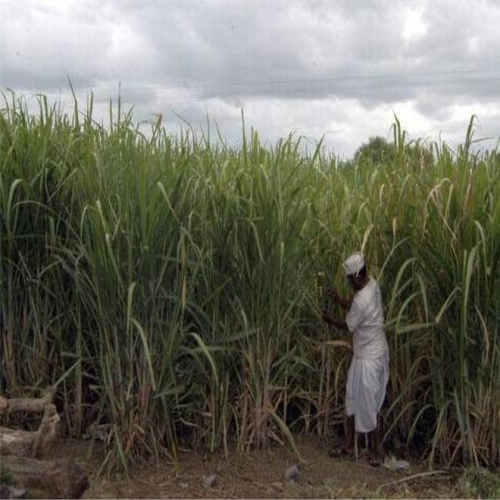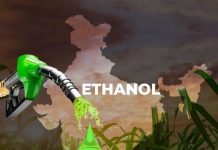Davos-Klosters [Switzerland], January 18 (ANI): Developed countries should walk the talk on transforming food systems by helping smallholder farmers in developing countries with cheaper access to irrigation, fertilizers and markets, said union Minister for New and Renewable Energy, in a session on “Interplay of Food, Energy and Water” at the ongoing World Economic Forum meeting.
India is providing millions of solar water pumps to farmers, and will soon produce enough green ammonia to stop imports of ammonia-based fertilizers, which form a big chunk of its import bills, Singh said on Tuesday, as per a WEF release.
Further, asked why India is continuing to import cheap Russian gas despite international opprobrium, Singh said India imports less gas from Russia in a month than Europe does in a day, adding that “India had a conflict with its northern neighbour; did the West do anything about it? Stop importing from it?”
The five-day World Economic Forum Annual Meeting 2023 convenes the world’s foremost leaders under the theme, ‘Cooperation in a Fragmented World’. It calls on world leaders to address immediate economic, energy and food crises while laying the groundwork for a more sustainable, resilient world.
What is India’s climate action plan and what did it announce at COP?
At the COP26 summit in Glasgow in late 2021, Prime Minister Narendra Modi committed to an ambitious five-part “Panchamrit” pledge, including reaching 500 GW of non-fossil electricity capacity, to generate half of all energy requirements from renewables, to reduce emissions by 1 billion tons by 2030.
India also aims to reduce the emissions intensity of GDP by 45 per cent. Finally, India commits to net-zero emissions by 2070.
Walking the talk, India had gone ahead and banned the use of several single-use plastics from July 1, 2022.
The adverse impacts of littered single-use plastic items plastic on both terrestrial and aquatic ecosystems, including in marine environments are globally recognized. Addressing pollution due to single-use plastic items has become an important environmental challenge confronting all countries.
Besides, India has time and again raised matters related to climate finance for the developing world where per capita emissions are comparatively quite low against the developed world in order to address carbon mitigation.
Earlier this month, Union Cabinet approved the National Green Hydrogen Mission, which aims to make India a global hub for the production, utilization, and export of such technologies. The initial financial outlay for the mission is pegged at Rs 19,744 crore, which includes research and development activities.
Under this mission, the government aims to raise annual green hydrogen production to 5 million tonnes.
The green hydrogen mission will gradually lead to the decarbonization of industrial, transport, and energy sectors; a reduction in dependence on imported fossil fuels, among others.
India meets a sizable portion of its energy needs through imports, and this green hydrogen mission is seen as an avenue to reduce the dependence on imported fuel. (ANI)












